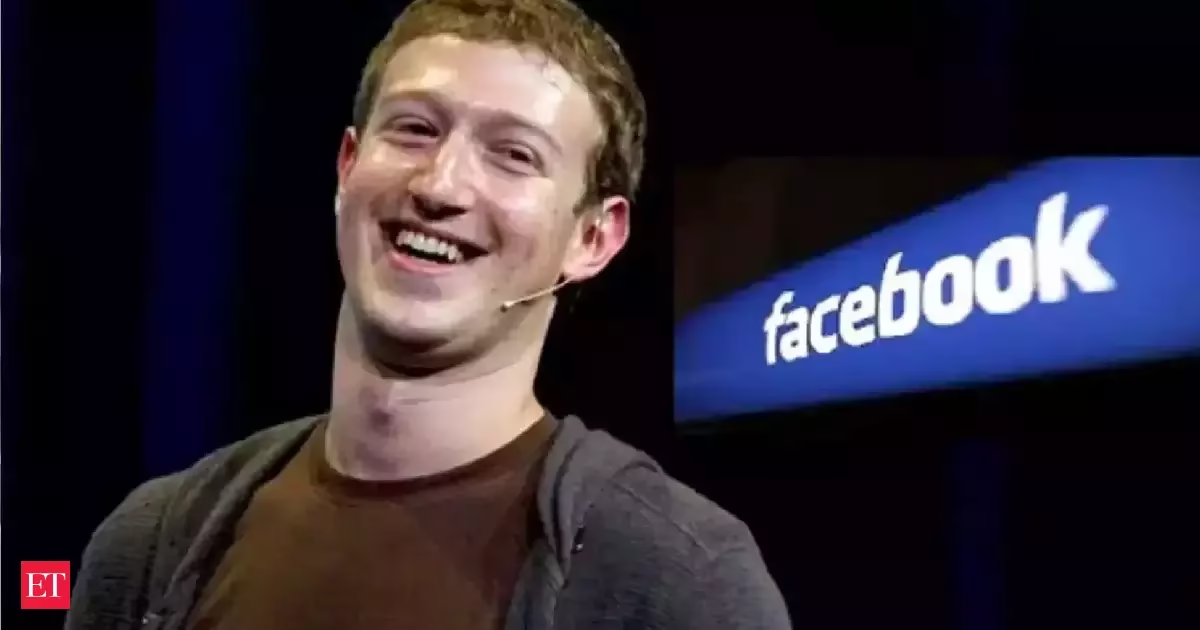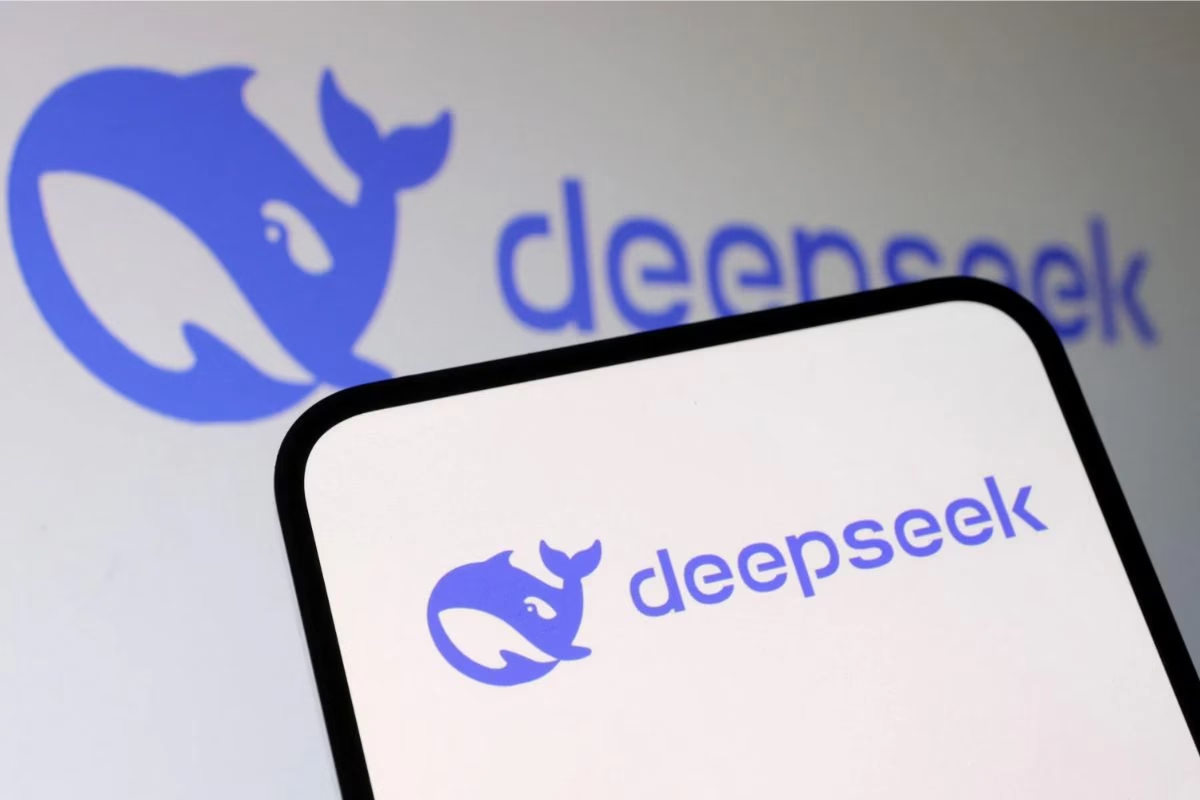In 2016, a significant confrontation unfolded between Facebook and India’s telecommunications regulatory body, the Telecom Regulatory Authority of India (TRAI), over the future of internet accessibility in the country. At the heart of this dispute was Facebook’s Free Basics program, part of its broader Internet.org initiative, which aimed to provide free access to select internet services in developing nations. While the program’s stated goal was to bridge the digital divide, it faced intense scrutiny and opposition within India due to concerns over net neutrality.
Net neutrality is the principle that all internet traffic should be treated equally, without favoring or blocking particular products or websites. Critics argued that Free Basics violated this principle by offering free access only to specific services approved by Facebook, thereby creating a two-tiered internet system. This selective access was seen as potentially harmful to the open nature of the internet, disadvantaging services not included in the Free Basics platform.
As TRAI initiated public consultations to deliberate on the permissibility of such differential pricing models, Facebook launched an extensive campaign to garner public support for Free Basics. The company encouraged users to send templated emails to TRAI, expressing their backing for the program. This strategy led to TRAI receiving a deluge of nearly 16 million emails, a volume that was both unprecedented and overwhelming.
In an attempt to manage this influx and ensure a fair consultation process, a TRAI official reportedly took the decisive step of unsubscribing from Facebook’s email domain. This action effectively stemmed the tide of automated responses, allowing the regulatory body to conduct its review without undue influence. This move was later highlighted in a memoir by former Facebook executive Sarah Wynn-Williams, where she noted that a “low-ranking official” had outmaneuvered Facebook’s sophisticated outreach strategy with a simple click.
The intense public debate culminated in February 2016, when TRAI issued regulations prohibiting discriminatory tariffs for data services. This ruling effectively banned programs like Free Basics that offered selective free access to certain internet services. TRAI’s decision was grounded in the belief that allowing such programs could stifle innovation and harm consumer interests by limiting access to the full diversity of the internet.
Facebook’s response to this setback was one of disappointment. CEO Mark Zuckerberg expressed his dissatisfaction with the outcome but reiterated the company’s commitment to connecting more Indians to the internet through other initiatives. Despite the regulatory defeat, Facebook continued to explore alternative methods to enhance internet accessibility in the country, aligning with India’s digital inclusion goals.
The Free Basics episode in India serves as a pivotal case study in the global discourse on net neutrality and digital access. It underscores the challenges that arise when well-intentioned initiatives from global technology companies intersect with local regulatory frameworks and public interest considerations. The incident also highlights the power of regulatory bodies in safeguarding principles like net neutrality, ensuring that the internet remains an open and equitable platform for all users.
In retrospect, the clash between Facebook and TRAI over Free Basics was not merely a regulatory dispute but a reflection of broader concerns about digital colonialism and the control of information flows in emerging markets. It prompted a nationwide conversation about the kind of internet ecosystem that would best serve India’s diverse population, ultimately reinforcing the importance of maintaining an open and non-discriminatory internet for fostering innovation, competition, and consumer choice.





